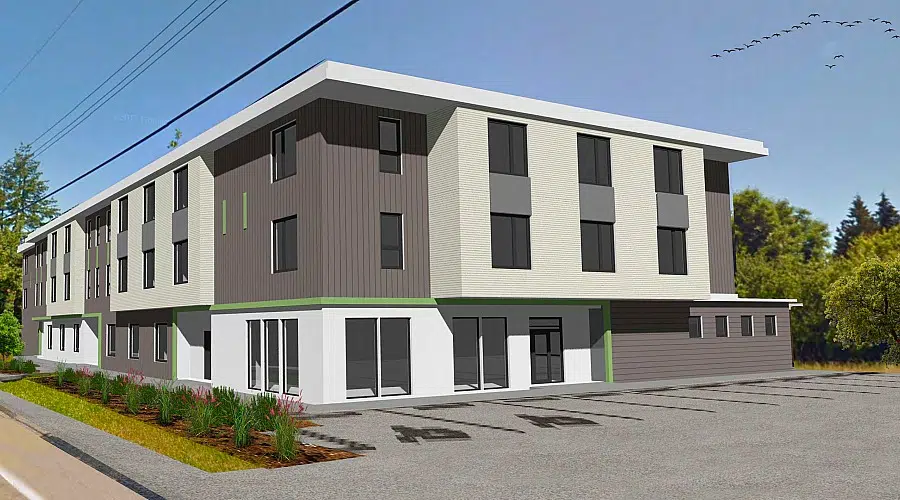
Courts told the City of Parksville won’t oppose supportive housing civil lawsuit
PARKSVILLE — Legal documents show the City of Parksville won’t challenge a petition filed in the Supreme Court of B.C. about how a soon-to-be constructed supportive housing project was approved.
The petition claims the 52-unit supportive housing project about to be built at 222 Corfield St. S. was already decided on before the full approval process, including a rezoning bylaw and public hearing, was complete. It also alleged area residents weren’t properly informed about the public hearing, which stretched on for roughly two-and-a-half hours.
In an affidavit presented to the Honourable Justice Robin Baird on Monday, City of Parksville legal representative Sukhbir Manhas wrote “the instructions we received from City council was to not challenge or defend the petition.”
The decision to not oppose the petition comes several months into the legal proceedings and after the City filed a response refuting claims their approval process was flawed.


